Ever wondered if it makes a difference whether you cook salmon skin side up or down? The answer may surprise you! We’ll explore the pros and cons of both methods and share tips on how to cook salmon skin side up or down in a pan, oven, air fryer, and grill.
For pan-fried salmon steaks, keeping the skin on is generally recommended. This not only helps to lock in moisture and prevent the fillet from crumbling but also adds a delightful crispy texture. However, when baking salmon, the decision to leave the skin on or off depends on your desired outcome.
So, whether you’re a seasoned salmon cook or just starting out, read on to find out the best way to cook this delicious fish!
When to Cook Salmon Skin Side Down
Cooking salmon skin side down is ideal for achieving crispy skin, particularly when pan-frying or grilling. This method helps to prevent overcooking and maintains the integrity of the fish.
Here are some situations when cooking salmon skin side down is recommended:
- Pan-frying: When you want a crispy, golden-brown crust, cooking the skin side down for most of the cooking time will deliver excellent results.
- Thick fillets or steaks: For thicker cuts of salmon, flipping the fish skin side up towards the end of cooking can help to color and seal the skin while allowing the residual heat to finish cooking the other side.
- Oven: To cook salmon skin side down in the oven, preheat your oven to 400°F (200°C). Place the salmon skin side down on a parchment-lined baking sheet and season with your favorite herbs and spices. Bake for 12-15 minutes, or until the salmon reaches an internal temperature of 145°F (63°C).
- Air Fryer: To cook salmon skin side down in the air fryer, preheat the air fryer to 400°F (200°C). Place the salmon skin side down in the air fryer basket and season with your favorite herbs and spices. Cook for 10-12 minutes, or until the salmon reaches an internal temperature of 145°F (63°C).
- BBQ or grilling: Flipping the fish halfway through cooking can ensure even cooking and prevent the fish from falling apart. However, if you’re using a lid on your BBQ or grill, there may be no need to flip at all.
Remember: The skin acts as a natural heat diffuser, helping to prevent overcooking and maintain moisture in the fish. By keeping the skin side down, you can enjoy a perfectly cooked salmon fillet or steak with a delicious, crispy exterior.
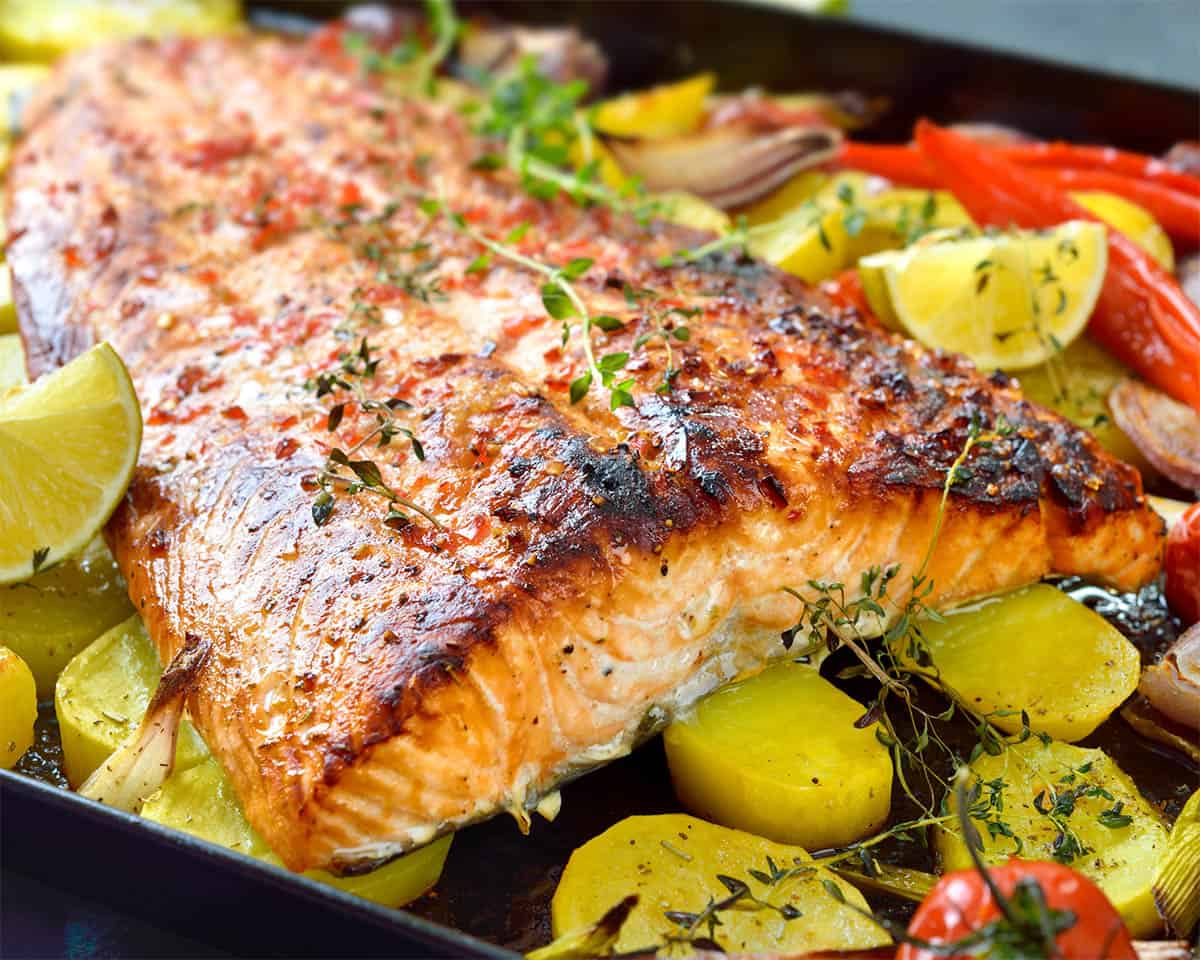
When to Cook Salmon Skin Side Up
Cooking salmon skin side up is often recommended for baking or broiling, especially when you want to maintain a moist interior. This method allows the skin to act as a protective barrier, helping to seal in moisture and prevent overcooking.
Here are some situations when cooking salmon skin side up is beneficial:
- Baking: For moist, tender salmon, flipping the fish skin side up during baking can help to seal in moisture and prevent overcooking. This is particularly effective for thicker cuts of salmon.
- Thin fillets: While the orientation of thinner fillets may not significantly impact moisture, cooking skin side up can still help to retain moisture and prevent drying.
- Oven: To cook salmon skin side up in the oven, preheat your oven to 400°F (200°C). Place the salmon skin side up on a parchment-lined baking sheet and season with your favorite herbs and spices. Bake for 12-15 minutes, or until the salmon reaches an internal temperature of 145°F (63°C).
- Air Fryer: To cook salmon skin side up in the air fryer, preheat the air fryer to 400°F (200°C). Place the salmon skin side up in the air fryer basket and season with your favorite herbs and spices. Cook for 10-12 minutes, or until the salmon reaches an internal temperature of 145°F (63°C).
- Broiling: When broiling salmon, cooking skin side up can help to prevent the flesh from burning or overcooking before the interior is fully cooked.
Remember: While cooking salmon skin side up can help to retain moisture, it’s important to note that baked salmon skin will not become crispy. However, the melted fat from the skin can contribute to a more flavorful and moist interior.
Cooking Salmon: Skin Side Up vs. Skin Side Down
Feature | Skin Side Up | Skin Side Down |
Pros | Moist interior, easier to remove skin | Crispy skin |
Cons | Less crispy skin | May be more difficult to remove skin, risk of overcooking |
Best for | People who prefer moist salmon and easy cleanup | People who enjoy crispy textures |
Cooking methods | Pan, oven, air fryer, grill | Pan, oven, air fryer, grill |
Tips | Pat salmon dry before cooking, use a high heat for crispy skin | Score the skin before cooking for added crispiness |
Note: The best method for you may depend on your personal preferences and the desired outcome of your dish. Experiment with both techniques to find your favorite!
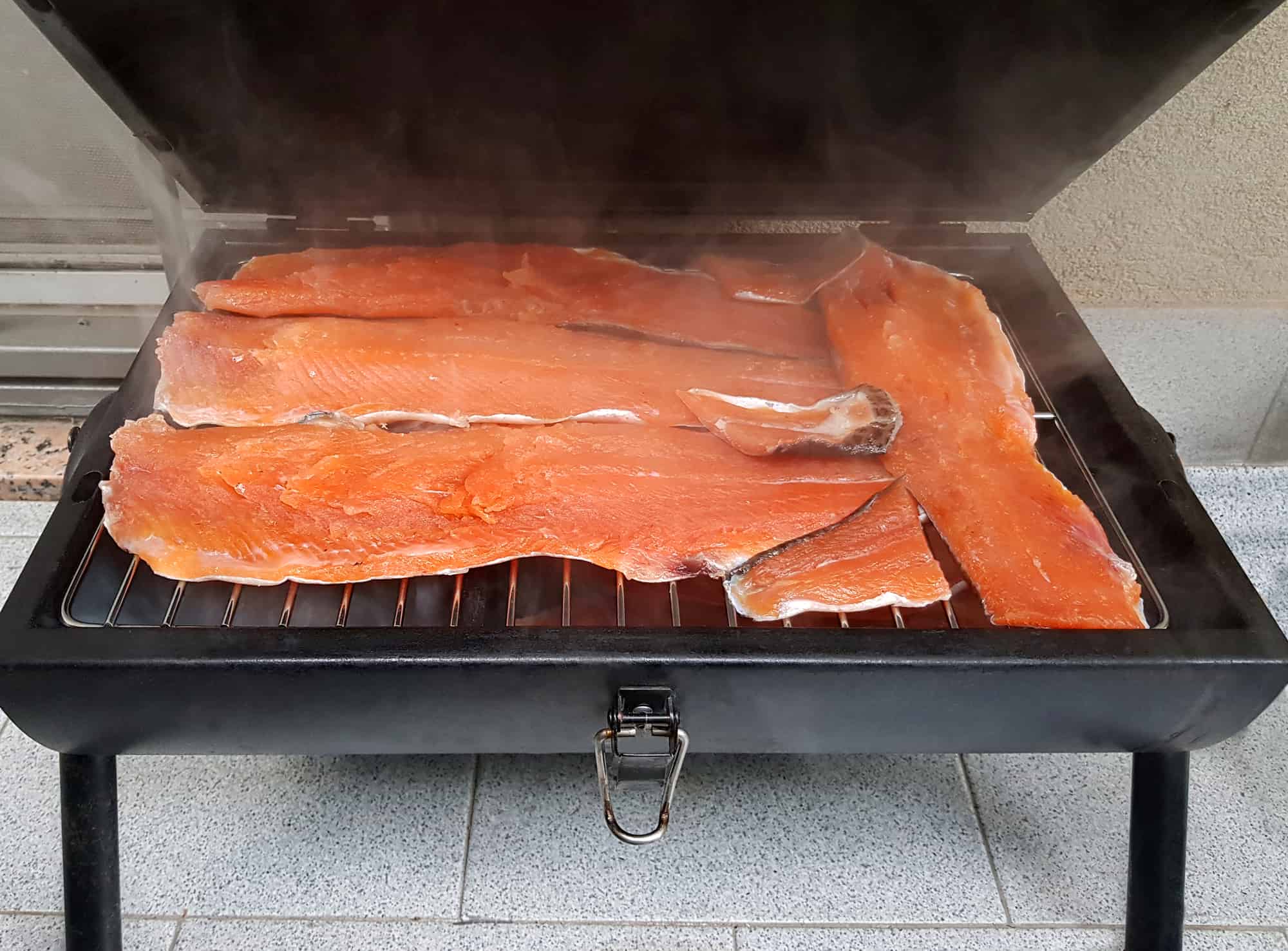
Ready to try a new salmon recipe? Check out our collection of delicious salmon dishes that showcase both cooking methods from our book. From pan-fried salmon with lemon and herbs to baked salmon with a creamy dill sauce, there’s something for everyone.
FAQs
Should you cook salmon skin side up or down?
The best method depends on your preference. Cooking salmon skin side up results in a moist interior and easier removal of the skin. Cooking skin side down creates a crispy exterior.
Do you cook fish skin side up or down first?
Generally, fish is cooked skin side down first to create a crispy exterior. However, some prefer to cook salmon skin side up for a moist interior.
Do you bake salmon skin side up or down reddit?
Reddit users have mixed opinions. Some prefer skin side down for a crispy crust, while others prefer skin side up for a moist fillet.
Do you grill salmon skin side down or up?
Grilling salmon skin side down helps create a crispy exterior. However, flipping it halfway through cooking can ensure both sides are cooked evenly.

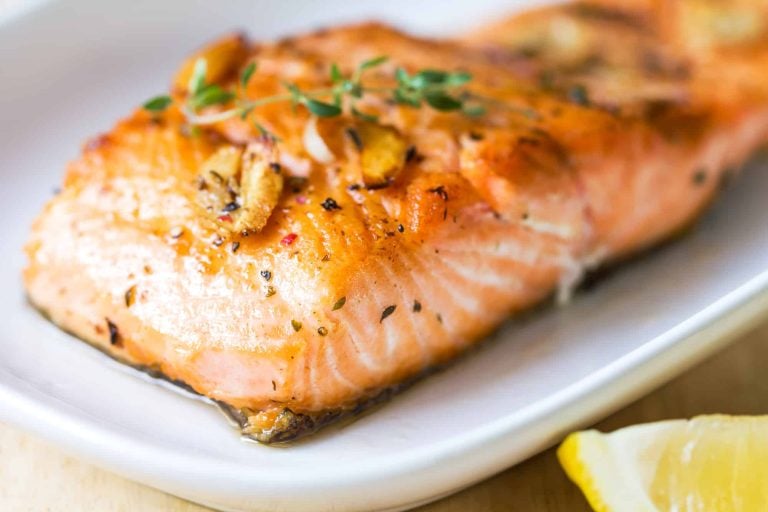



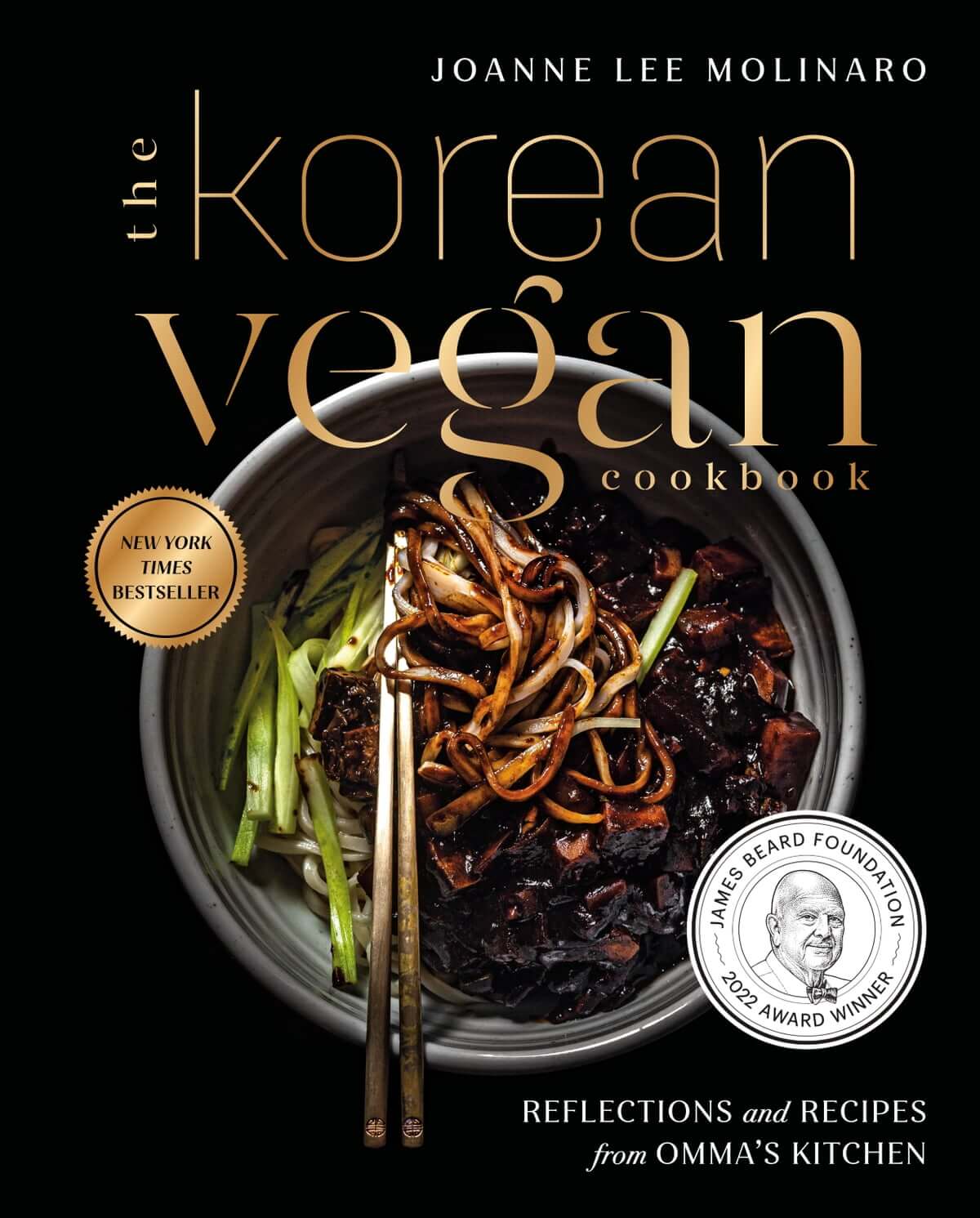



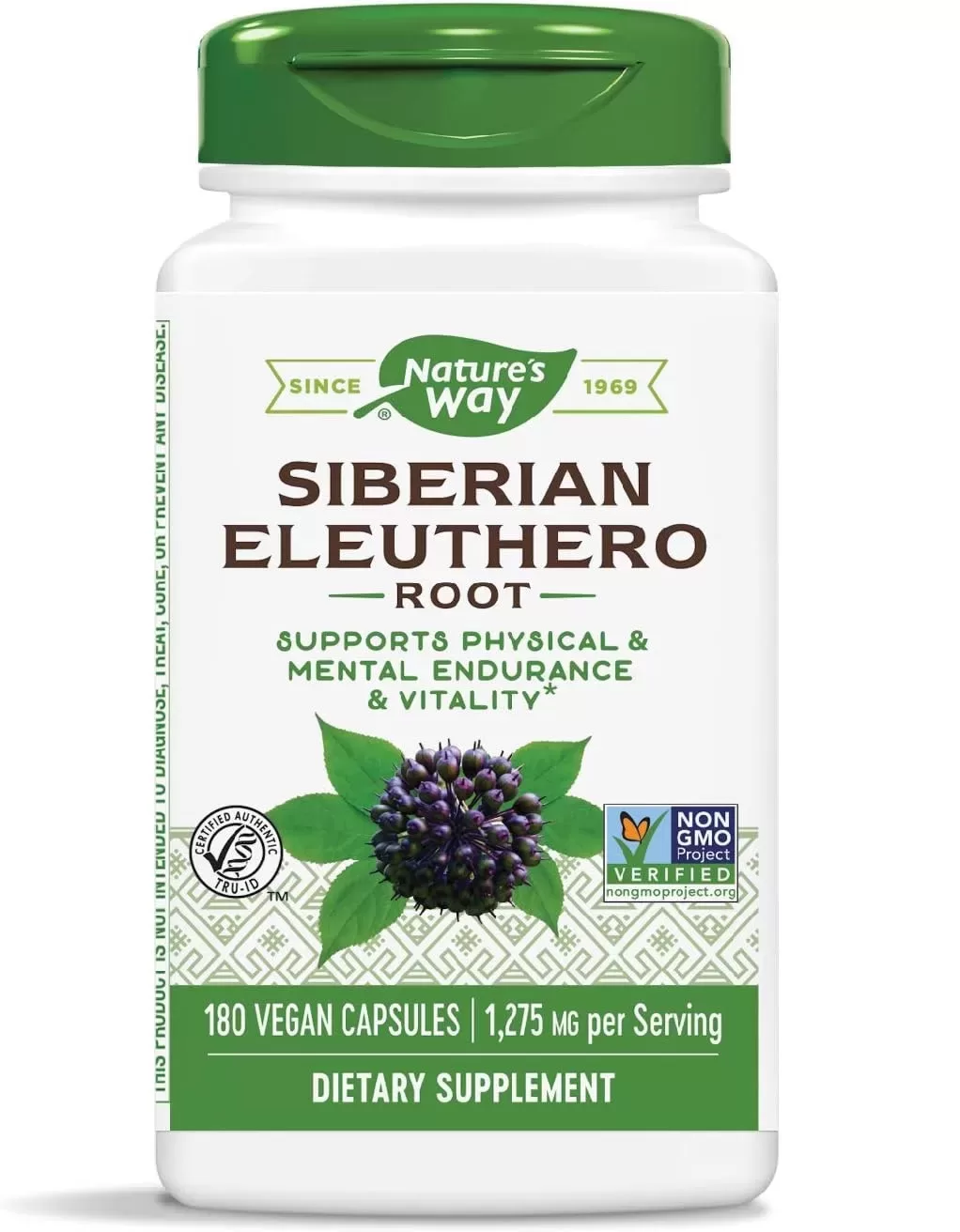

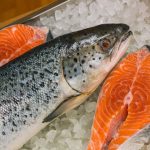
Comments are closed.